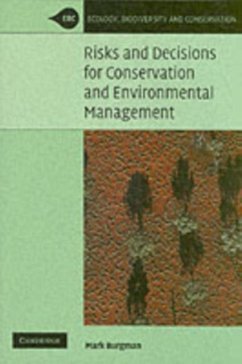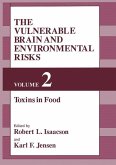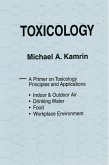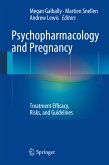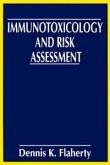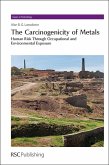This book outlines how to conduct a complete environmental risk assessment. The first part documents the psychology and philosophy of risk perception and assessment, introducing a taxonomy of uncertainty and the importance of context. It provides a critical examination of the use and abuse of expert judgement and goes on to outline approaches to hazard identification and subjective ranking that account for uncertainty and context. The second part of the book describes technical tools that can assist risk assessments to be transparent and internally consistent. These include interval arithmetic, ecotoxicological methods, logic trees and Monte Carlo simulation. These methods have an established place in risk assessments in many disciplines and their strengths and weaknesses are explored. The last part of the book outlines some new approaches, including p-bounds and information-gap theory, and describes how quantitative and subjective assessments can be used to make transparent decisions.
Dieser Download kann aus rechtlichen Gründen nur mit Rechnungsadresse in A, B, BG, CY, CZ, D, DK, EW, E, FIN, F, GR, HR, H, IRL, I, LT, L, LR, M, NL, PL, P, R, S, SLO, SK ausgeliefert werden.

